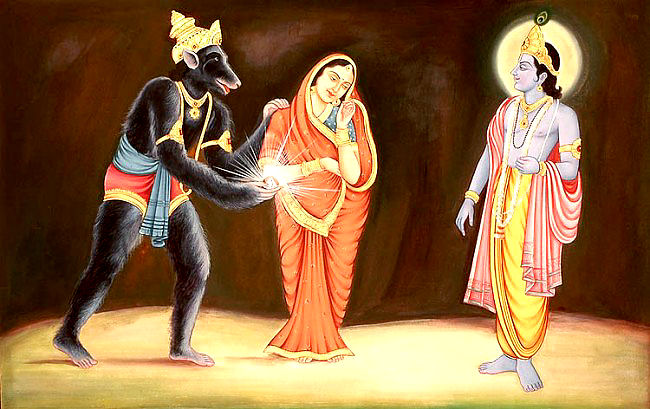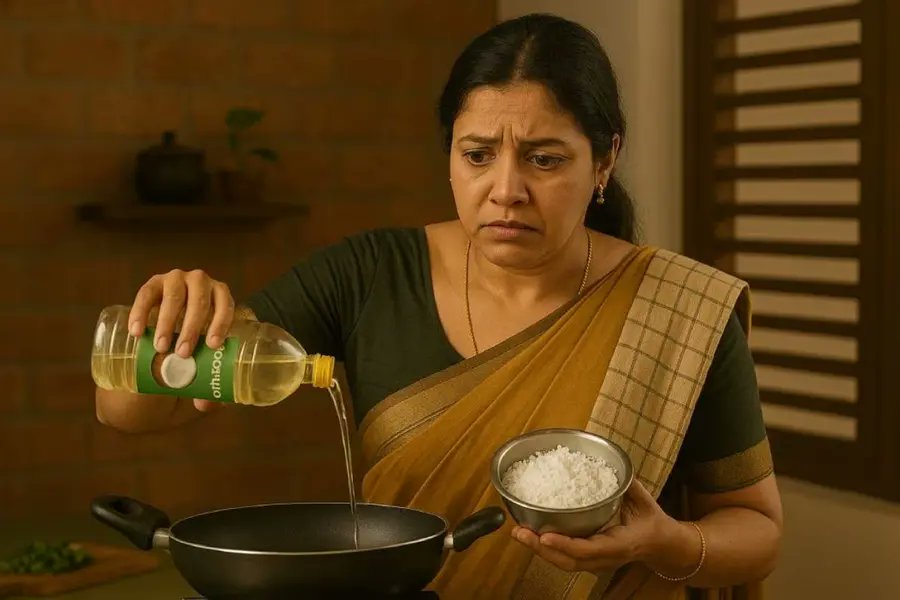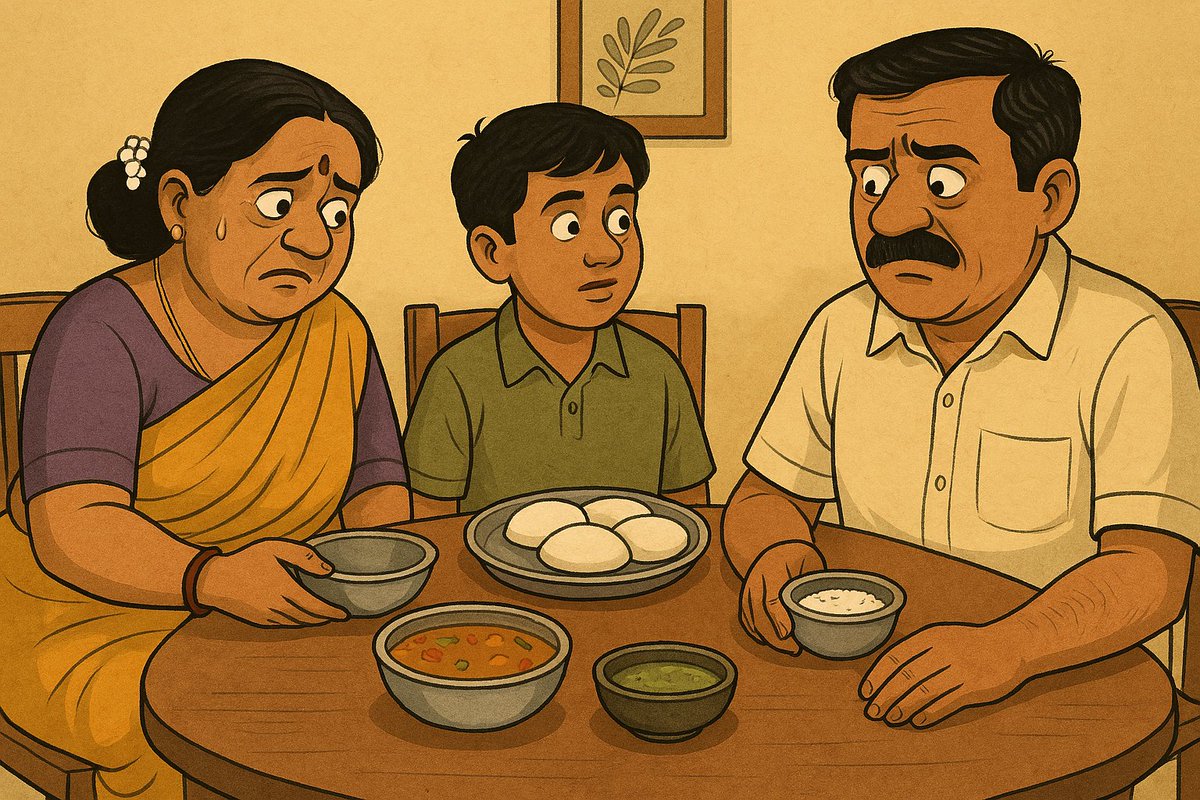1. As promised I m here to share #hamdmade #natural #simple #pocketfriendly n effective receipe for #dishwashingPowder. My search for such a product started when I introduced #earthenware in my kitchen. As we know earthen vessels are... 




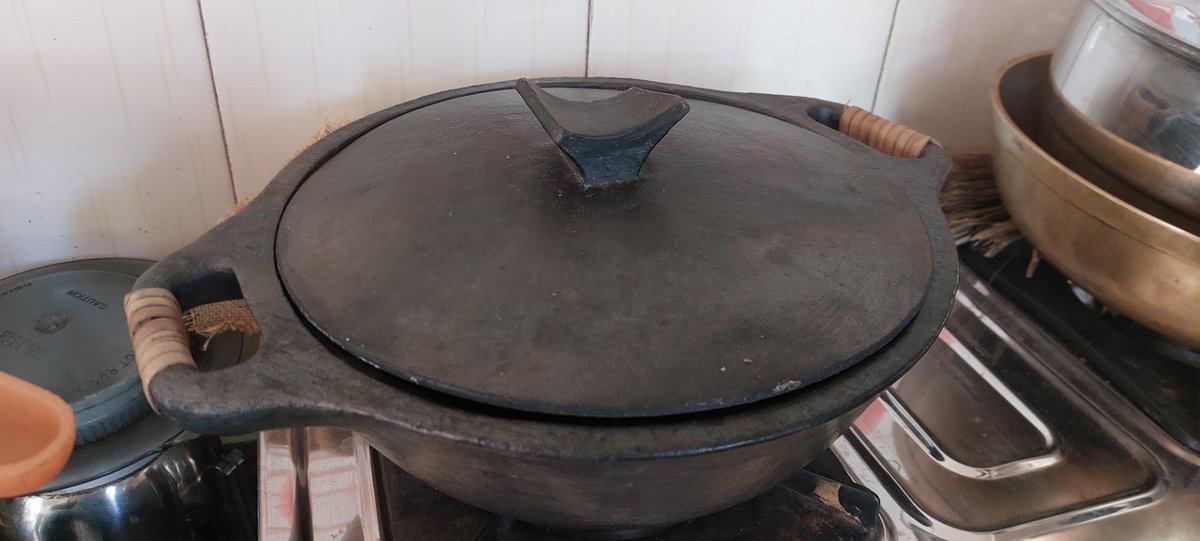
2.porous in nature n soap 🧼 used for their cleaning gets into these pores only to be released back while we cook in them at high temperatures. Who would want to have a curry🍛containing soap?😖
When we make a shift to #traditionalcooking utensils...
I
When we make a shift to #traditionalcooking utensils...
I
3. It's very important to switch to #traditionalCleaning methods also.
Receipe:
1. Woodash or cowdung ash (2parts)
2. Washing soda (1 part)
3. Soapnut powder (1 part)
In case, the vessel is too greasy, use hot water along with the above powder. .....


Receipe:
1. Woodash or cowdung ash (2parts)
2. Washing soda (1 part)
3. Soapnut powder (1 part)
In case, the vessel is too greasy, use hot water along with the above powder. .....


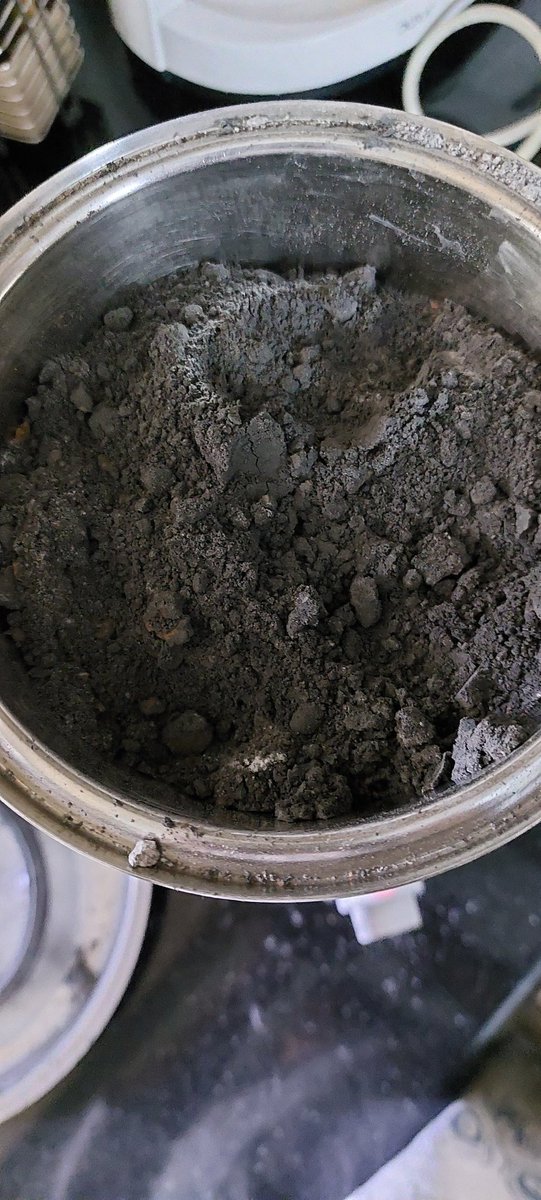
4. This makes it more effective to clean oily surfaces. As I cook my everyday rice 🍚 on traditional 'choolha'. Woodash is a cooking byproduct n I get it for free. U can avail it either online or source it from a nearby village. Cowdung ash is definitely a better option. 



5. The sewage water post cleaning is safe for ur garden too. If u know another receipe for dishwashing option do let me know.
Would love to try it out😀
After all #healthiswealth
What's good for the environment is also good for us. 🌍
Would love to try it out😀
After all #healthiswealth
What's good for the environment is also good for us. 🌍
There are a few methods to prepare liquid dishwash with soapnut n lemon or vinegar but the problem with them is their #shelflife. Whereas this dishwashing powder I shared is completely dry. If stored properly can be used for more than 6months with no issue.
I generally grind the woodash in the mixy quickly to get a fine powder n then mix these three powders manually. N it's ready to use 😃
• • •
Missing some Tweet in this thread? You can try to
force a refresh







